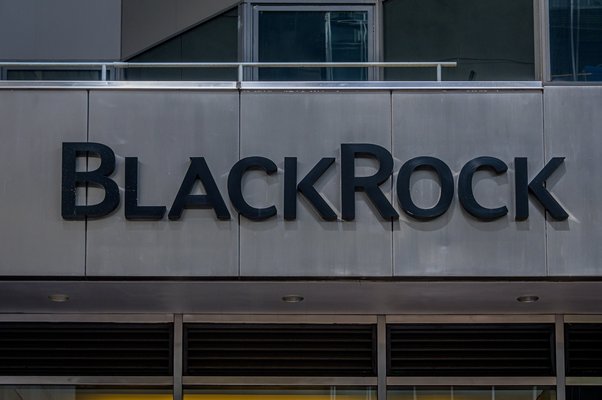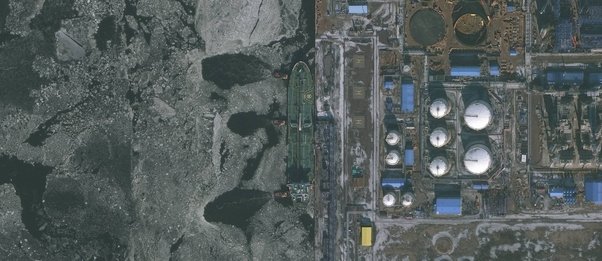Low tax payments call into question BP’s “backing Britain” claim.
BP’s profits of £23.4 billion over the past 12 months are a “slap in the face” for Brits struggling with an acute cost-of-living crisis, while low tax payments underline the need for a proper windfall tax, according to Global Witness.
BP today announced third quarter profits of £7.1 billion (its underlying replacement cost profits), just days after another UK-based energy giant, Shell, recorded £9.5 billion in profits during the same period.
These profits, which BP made from operations around the world, could pay for:
- The energy bills of 9.4 million British households, or
- A third of the £68 billion the UK government needs to help its citizens with high energy bills, or
- Heat pumps for 1.6 million UK homes, that would protect families from energy price volatility, or
- The energy bills of everyone on UK universal credit; plus emergency aid for all 19 million Yemenis caught in one of the world’s worst humanitarian disasters; plus emergency shelter for all of the victims of Pakistan’s climate crisis-caused floods – and still leave £9.3 billion in profits for BP’s shareholders. (1)
Jonathan Noronha-Gant, Senior Fossil Fuels Campaigner at Global Witness, said:
“Big fossil fuel firms making eyewatering profits is a slap in the face for the millions of citizens struggling to heat their homes, cook their meals or buy everyday essentials. As winter fast approaches, a dividing line is emerging: whose side is the government on? Brits facing financial hardships or an industry that’s making billions in profits off the current energy crisis?”
“It’s outrageous that the very companies that are responsible for creating an energy system that now has us all hooked on oil and gas are swimming in cash, while the rest of us suffer. For years they have justified their toxic practices on the basis that societies need fossil fuels to function. The energy crisis is busting this myth wide open - the skyrocketing cost of gas has impoverished millions, and further enriched a handful of wealthy companies and individuals.”
“A proper windfall tax on the profits of big polluters is no longer a far cry, it is now a necessity. But the new UK Government must also urgently put us on track for a rapid transition away from dirty fossil fuels and onto renewables and decent home insulation, so we can fix this broken energy system once and for all.”
BP’s new advertising slogan is “Backing Britain”, but as the company announces new bumper profits, details about their tax payments call into question this commitment to the country. Between 2018 and 2021, BP received more in tax relief than it paid in taxes on its North Sea production.
By comparison, during the same time period, BP paid £251 million to Putin’s Russia for its oil and gas production there and owns a 20% stake in the Russian oil giant Rosneft that paid £121.6 billion to the Kremlin in that same period.
According to the most recently available data (2019 and 2020 BP tax records) the vast majority of what BP paid to the UK (£402 million out of £444 million) was on property and employer payments like national insurance, as opposed to direct tax on its profits.
Jonathan Noronha-Gant added:
“BP claims to be backing Britain but the lack of recent net tax payments to the UK for its North Sea drilling suggests otherwise. But whilst taxpayers here might see very little from BP, Putin has certainly gained from its production in Russia, as well as enjoying huge revenues from a Russian oil and gas giant that BP holds a 20 per cent stake in.
When given the opportunity to respond, BP pointed out that it would pay more UK tax in the future; that it invests in sectors other than North Sea fossil fuels, including offshore wind and electric vehicle charging; and that it also contributes to the UK through direct and indirect employment. The company did not comment on its payments to Russia.
Notes to editor:
1) For calculations on what BP's profits could pay for please use the downloadable PDF below
BP Q3 Data Overview
Download Resource

